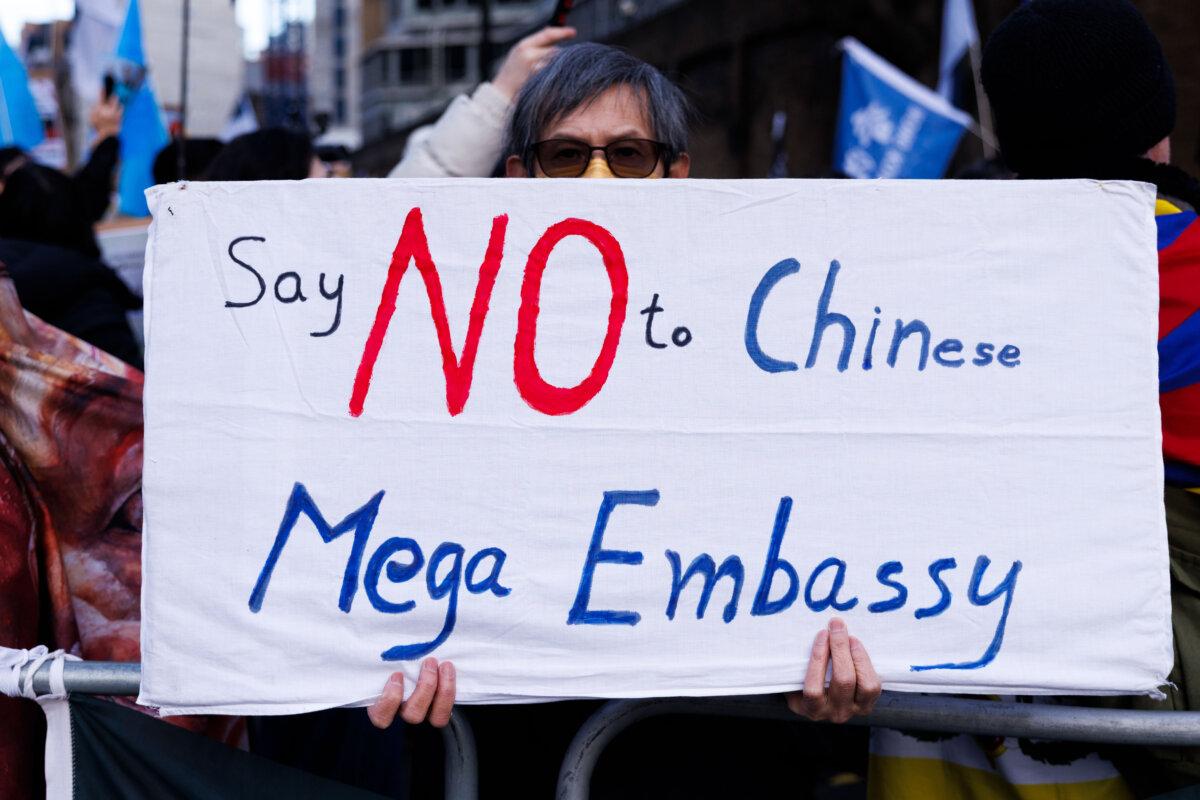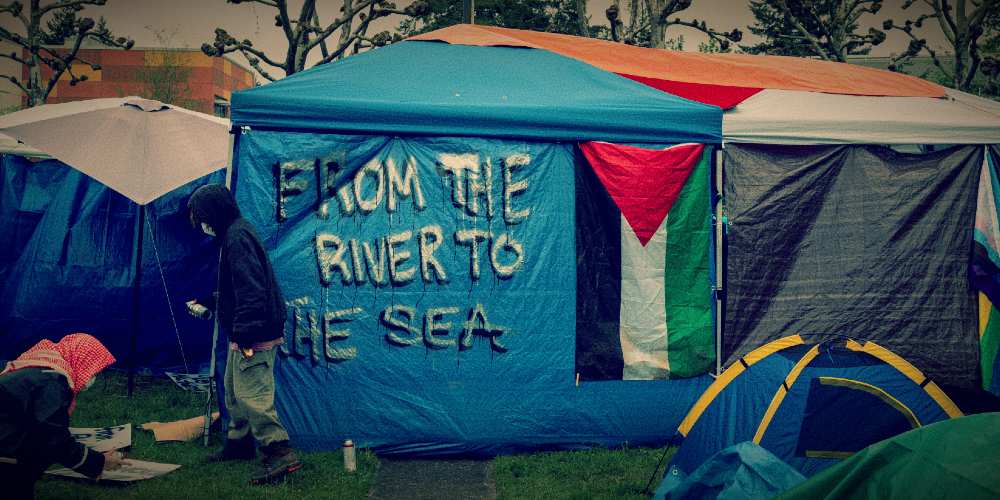A newly released video appears to show 37-year-old Alex Pretti confronting federal immigration officers on a Minneapolis street 11 days before he was fatally shot in another encounter with Customs and Border Protection agents.
A representative for the Pretti family told CBS News that Pretti was the man in the video. The representative said the family knew about the incident and that he sustained injuries, but did not receive medical care.
The video was recorded on Jan. 13 and posted Wednesday by The News Movement, a digital media outlet. It shows a man confronting federal agents along with other protesters. The video was verified by CBS News partner BBC News, and CBS News has confirmed the footage was filmed in Minneapolis.
In the video, the man is seen kicking and damaging the taillight of a government SUV. The vehicle then stops, and federal agents emerge and tackle him to the ground.
There appears to be a handgun in the man's waistband — as was also seen in footage from the day Pretti was killed.
The video does not indicate whether the man was detained by federal officers following the Jan. 13 incident.
Later in the video, officers deploy chemical irritants in the street as a number of other people shout, honk their horns or stand around filming the scene on their phones.
A Department of Homeland Security official told CBS News investigators with Homeland Security Investigations were aware of the video and are analyzing it.
Another video from the scene that day also shows a man who resembles Pretti wearing the same clothing as seen in the footage posted by The News Movement.
Pretti was wearing very similar clothing in footage from Saturday, Jan. 24, the day he was shot and killed.
"A week before Alex was gunned down in the street — despite posing no threat to anyone — he was violently assaulted by a group of ICE agents," Steve Schleicher, an attorney for the Pretti family, told CBS News in a statement regarding the video. "Nothing that happened a full week before could possibly have justified Alex's killing at the hands of ICE on Jan 24."
Pretti, an intensive care nurse with the Veterans Administration, was shot as he and several others protested an operation by immigration officers in south Minneapolis. Videos from the scene showed that he had a cellphone in his hand before being shoved to the ground by several officers, one of whom removes a gun from Pretti's waist during a skirmish moments before another Border Patrol agent opened fire.
Trump administration officials have alleged that the shots fired by the agents were "defensive" in nature.
Pretti was a lawful gun owner with a permit to carry, local officials said. Under Minnesota law, it's legal to carry a handgun in public if you have a valid permit.
According to a government report sent to Congress and obtained by CBS News, two CBP agents fired their weapons during the encounter.
The agents involved in the incident have been placed on leave, a federal law enforcement official told CBS News Wednesday.






